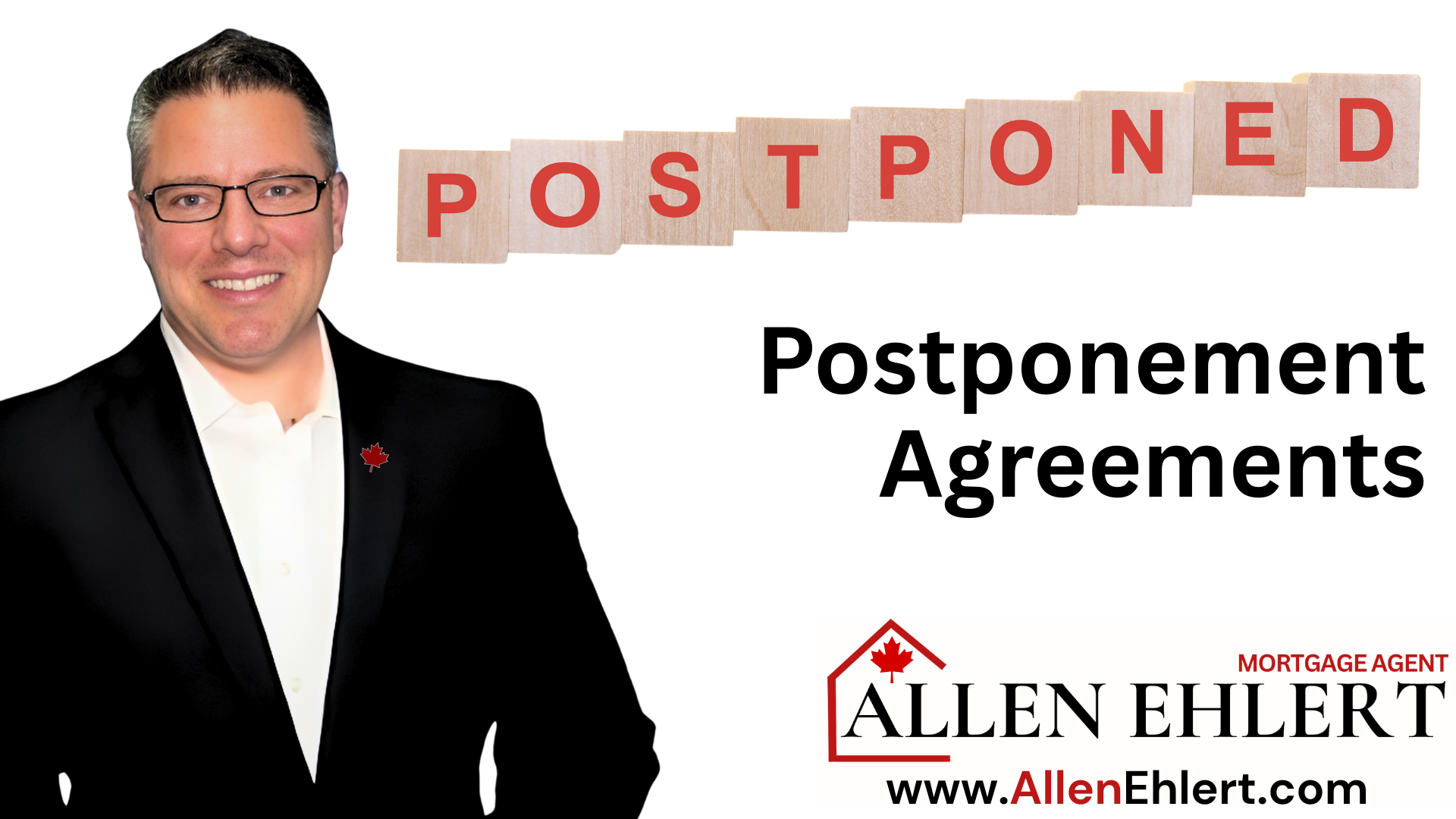… Why Canadians Pay More in Taxes than on Food, Shelter & Clothing Combined”
If it feels like your paycheque doesn’t stretch as far as it used to, you’re not imagining things. Canadians today spend more on taxes than on food, shelter, and clothing combined—the very basics of living. According to the Fraser Institute’s Canadian Consumer Tax Index (2025), the average family hands over more than 43% of its income to taxes, while only about 36% goes to life’s necessities.
For anyone trying to buy a home—or even keep one—that’s a tough pill to swallow.
Topics I’ll Cover
Why Taxes Are Eating More of Your Paycheque
A Real-Life Story That Hits Close to Home
How Realtors and Clients Can Use This Knowledge
What the Numbers Really Say
The report shows a shocking reality:
- Average Canadian family income (2024): about $110,000.
- Total taxes paid (federal, provincial, municipal, and hidden taxes): about $48,000.
- Combined spending on food, shelter, and clothing: about $40,000.
In short, the government is taking a bigger slice of your paycheque than all of your core living costs combined.
Why Taxes Are Eating More of Your Paycheque
Taxes have crept up over decades. It’s not just income tax—it’s:
- GST/HST on almost everything you buy.
- Carbon taxes and fuel taxes every time you drive to work.
- Property taxes (rising with home values).
- “Hidden” taxes baked into the cost of goods and services.
The result? Even with wage growth, Canadians often feel like they’re running on a financial treadmill—working harder, but not necessarily getting ahead.
A Real-Life Story That Hits Close to Home
Meet Julia, a nurse making $95,000 a year. She’s smart with money and lives modestly, but when we broke down her paycheque, she realized nearly half was going to some form of tax. Add rent, groceries, and car expenses, and suddenly saving for a down payment felt impossible.
Julia said, “I feel like I’m paying for two homes: one I live in and one I’ll never see because it’s going to taxes.” That’s the reality for many Canadians.
How Realtors and Clients Can Use This Knowledge
For Realtors:
- Use this data when talking to clients hesitant to buy: locking in a mortgage now can often be smarter than waiting, especially when inflation and taxes keep squeezing budgets.
- Encourage buyers to look at total cost of living—not just the home price—when planning.
For Clients:
- Know your numbers. Understanding where your money is going helps you make better financial decisions, whether it’s accelerating debt repayment, choosing tax-efficient investments, or prioritizing homeownership before costs climb even higher.
- Consider meeting with a mortgage agent early—even if you think you’re “not ready”—because strategies exist to maximize your buying power despite tax pressures.
Read the Fraser Report
Here are some highlights from the Report:
- The Canadian Consumer Tax Index tracks the total tax bill of the average Canadian family from 1961 to 2024. Including all types of taxes, that bill has increased by 2,784% since 1961.
- Taxes have grown much more rapidly than any other single expenditure for the average Canadian family: expenditures on shelter increased by 2,129%, food by 927%, and clothing by 460% from 1961 to 2024.
- The 2,784% increase in the tax bill has also greatly outpaced the increase in the Consumer Price Index (925%), which measures the average price that consumers pay for food, shelter, clothing, transportation, health and personal care, education, and other items.
- The average Canadian family now spends more of its income on taxes (42.3%) than it does on basic necessities such as food, shelter, and clothing combined (35.5%). By comparison, 33.5% of the average family’s income went to pay taxes in 1961 while 56.5% went to basic necessities.
- In 2024, the average Canadian family earned an income of $114,289 and paid total taxes equaling $48,306 (42.3%). In 1961, the average family had an income of $5,000 and paid a total tax bill of $1,675 (33.5%).
You can get a copy of the Fraser Report, “Taxes versus the Necessities of Life” by clicking the image below:

Allen’s Final Thoughts
Here’s the bottom line: Canadians are working harder but keeping less. When more of your income goes to taxes than to food, shelter, and clothing combined, it’s no wonder many feel like homeownership is slipping away. Taxes are quietly one of the biggest barriers to buying a home.
How I Can Help
As your mortgage agent, I can:
- Show you how to structure your finances so you keep more of your money working for you.
- Find lenders and mortgage products that maximize your cash flow despite high taxation.
- Partner with your realtor and financial planner to build a game plan to get you into a home sooner.
Bottom line: you don’t have to let taxes rob you of your dream home—I’m here to help you fight back with smart, strategic mortgage planning.












